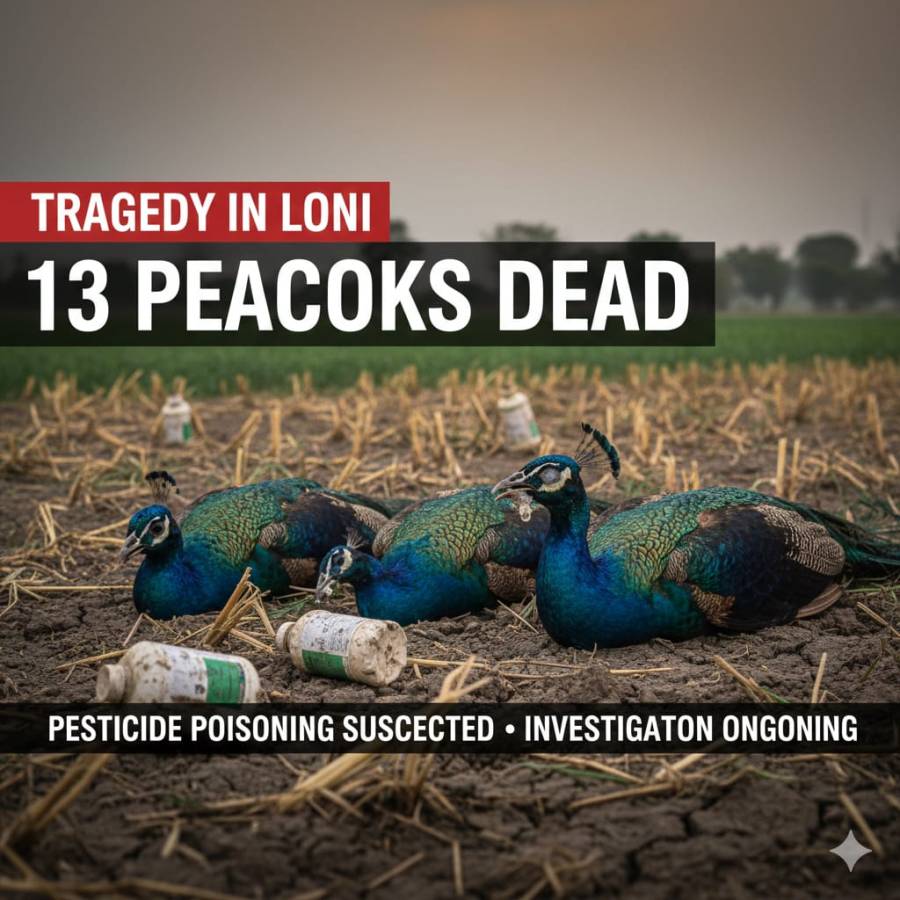
Marriage registration in Uttar Pradesh is undergoing a significant change. The state’s stamps and registration department has issued stricter rules to prevent non-local couples from registering marriages in cities where neither partner has a genuine residential connection. This shift, announced on June 6, 2025, follows interim orders from the Allahabad High Court issued on May 12, 2025. The reform is aimed at addressing a growing trend of eloping couples choosing cities like Ghaziabad as convenient marriage hubs, often with the help of facilitators.
What the New Rule States
Under the revised guidelines, marriages will now be registered only if the bride, groom, or one of their parents resides in the city. The earlier flexibility—allowing marriages to be registered in any city irrespective of residency—has officially ended.
Pushpendra Kumar, Assistant Inspector General (Stamps), said the decision was influenced by cases where eloping couples used Ghaziabad to register marriages without living there, often to bypass familial resistance. Most of these couples sought legal protection after the registration process was complete.
The court directed the state government to amend the Uttar Pradesh Marriage Registration Rules, 2017, within six months, involving coordination between the Principal Secretary of Women and Child Development and the Inspector General of Stamps and Registration.
Why Ghaziabad Was Targeted
Ghaziabad stood out as a hub for runaway marriages. Data from eight sub-registrar offices between October 10, 2024, and March 3, 2025, showed that SRO-5 alone recorded 8,747 of the 12,699 total registrations. In comparison, Meerut (1,212), Bulandshahr (402), Gautam Budh Nagar (1,304), Baghpat (231), and Hapur (176) had far fewer.
Officials attribute this spike to agencies offering all-inclusive packages that made Ghaziabad a magnet for couples pursuing inter-caste or inter-religious unions without family interference.
Crackdown on Fake Documents
The revised rules also aim to curb fraudulent registrations. Unregistered rent agreements will no longer be accepted as proof of residence. One of the marrying parties or a family member must provide legitimate proof of residence and be physically present during registration.
Affidavits will now be mandatory. However, in special cases where family members are present and the registering officer is satisfied with the authenticity of the marriage, the strict residency clause may be relaxed.
Implications and Public Response
The changes have evoked mixed reactions. Supporters, including legal experts and family rights advocates, see this as a step toward reducing fraudulent or coerced marriages. Critics, however, argue it may unfairly affect couples in genuine inter-community relationships by introducing additional bureaucratic steps.
While these directives are currently interim until formal amendments are made, the message is unmistakable: UP’s marriage registration process is being rooted firmly in local jurisdiction. Going forward, love may cross boundaries, but paperwork must stay local.





















